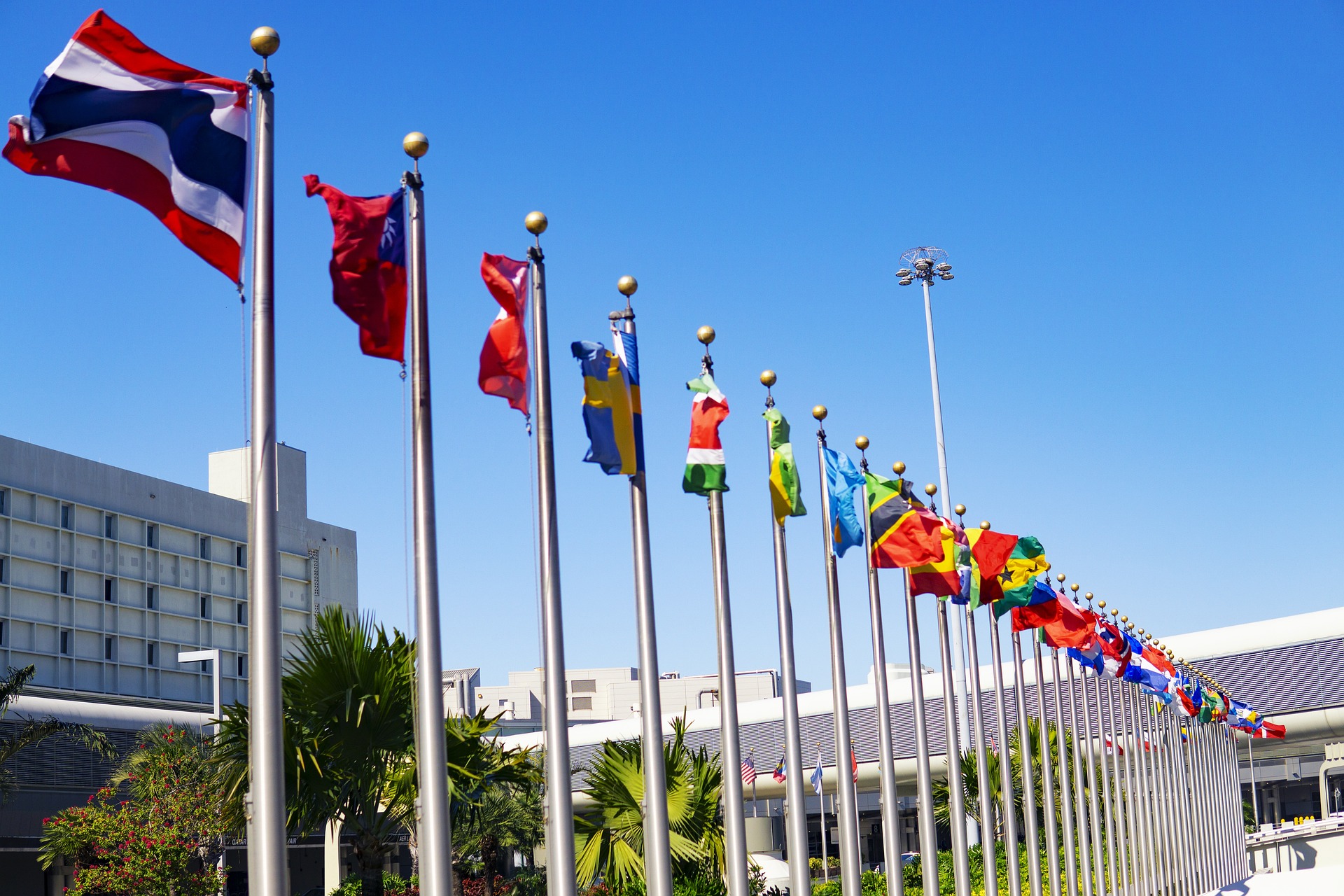Political campaigns, advertisements, and debates have always held center stage in the democratic process. Amidst the drama and the promises, the visuals and the slogans, there’s another crucial element: the voice that delivers it all. This isn’t your run-of-the-mill voiceover job; it’s the realm of the political voice talent, where every word can tip the scales and every intonation can ignite passions. Here, it’s not just about how a message is said, but also the importance, truth, and intent behind it.
In a world where change is the only constant, politics, ironically, offers some stability for voice talents. Why? Simply because there’s always something political brewing. Be it the introduction of a groundbreaking law, the unveiling of an ambitious campaign, or the fiery exchanges in an upcoming debate, the political arena is ceaselessly active. This eternal energy of politics ensures that trained political voice talents are perpetually in demand. It’s akin to how theater artists still find audiences even in the age of blockbuster movies: some classics never fade.
Political Voiceovers – Talent with a Modern Twist
But why is the political voice talent any different from a regular voiceover artist? Well, for starters, politics is not just another industry—it’s the lifeblood of governance, the mirror to society’s soul. So, to effectively voice political content, there’s a need for a deep understanding of local cultures, historical contexts, and societal sensitivities. The voice must be trained to maneuver the tightrope walk between stating facts, invoking emotions, and avoiding any semblance of bias. In essence, it’s a voice that requires the accuracy of a historian, the poise of a diplomat, and the dexterity of a skilled orator.
Styles of Political Voiceover
In today’s age of digital politics, where 10-second sound bites can influence opinions, and memes often outpace manifestos in terms of reach, it’s crucial for political voice talents to adapt with the times. Inserting a streak of dark humor, for instance, can make the narrative resonate with the modern audience without diluting the seriousness of the message. It’s about being current, without compromising the authenticity and credibility that politics demands. It’s like juxtaposing a Shakespearean drama with a splash of contemporary satire, producing a masterpiece that’s both classical and relevant.
Choosing the Right Political Voice Talent
For those at the helm of hiring, it’s crucial to discern the political voice talent that can truly make an impact. Beyond the fundamental skills of clear articulation and emotive delivery, seek out those who demonstrate a keen understanding of political scenarios and exhibit flexibility in their approach. It’s the subtle difference between a voice that merely informs and one that truly engages. After all, in a world where political apathy is often the elephant in the room, the right voice can be the light that illuminates democratic participation.
Wrapping this up before someone calls an election, as democracy evolves in its expressions and reach, so must the voices that represent it. The skills of a political voice talent are not to be underestimated, and choosing the right one is akin to selecting the perfect representative for a diverse populace. But when done right, it has the potential to reshape the political scenes and truly make every voice count. In the echoing chambers of political narratives, may the best voice be heard.
Political Voice Talent – What it Takes by Kate Marcin

